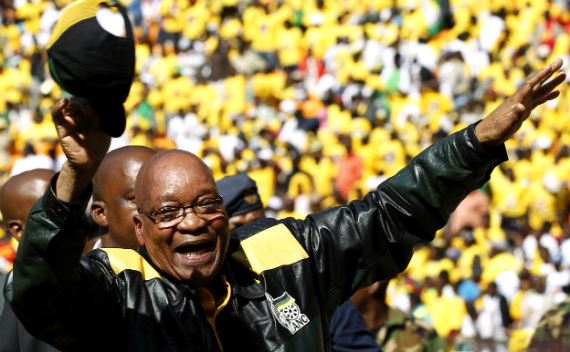South Africa’s Municipal Elections
More on:

South Africans head to the polls tomorrow for the country’s first local elections since 2006. These elections could have national significance if there are notable opposition gains. President Jacob Zuma’s African National Congress (ANC) will almost certainly retain the vast majority of South Africa’s 283 municipalities. Nevertheless, Zuma’s critics within the ANC will be watching how well his supporters fare. And the Democratic Alliance (DA), the official opposition, could strengthen its position in Cape Town and the Western Cape or possibly even attract significant black support for the first time in a few areas. In either or both events, internal party pressure is likely to mount on Zuma to broaden his appeal in the townships, most likely by symbolic gestures of solidarity but also possibly by modifying the ANC’s popularly perceived pro-business, pro-investment policies that date from the administrations of Mbeki and Mandela.
During the 2006 local elections, the ANC won in five of the six major metropolitan areas in South Africa. The DA has strong support in the sixth, Cape Town metro, and the party is encouraged by the ANC’s lack of success among ’coloureds,’ the city’s largest ethnic group.
Tomorrow is a public holiday in South Africa, and over 20 million registered voters may cast their ballots.
More on:
 Online Store
Online Store